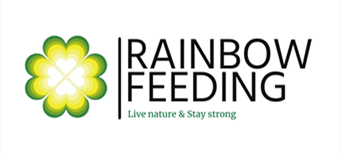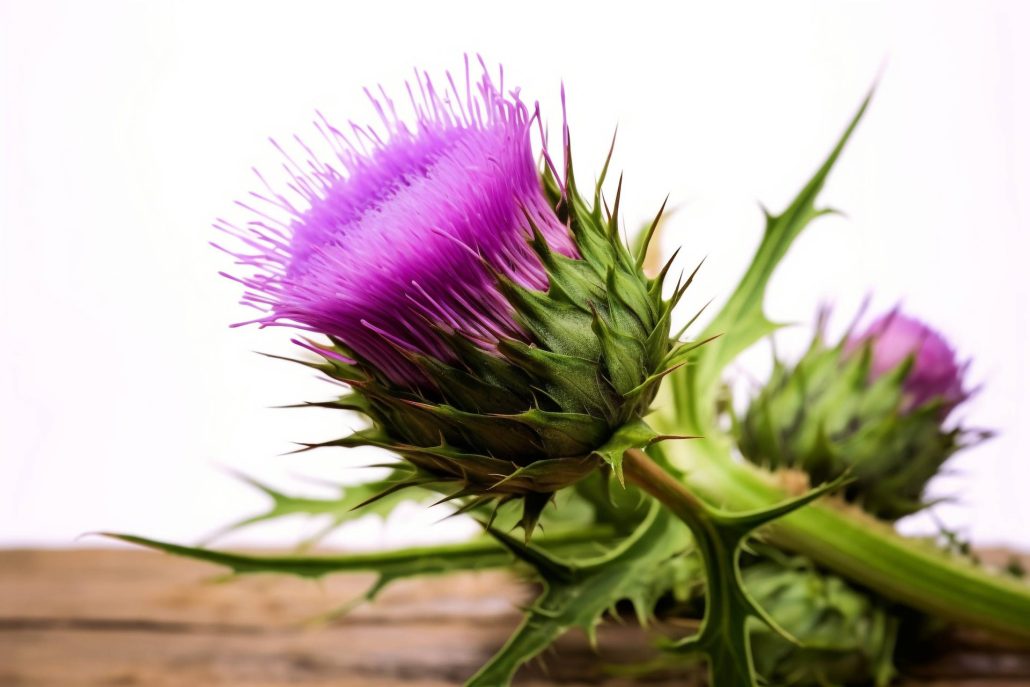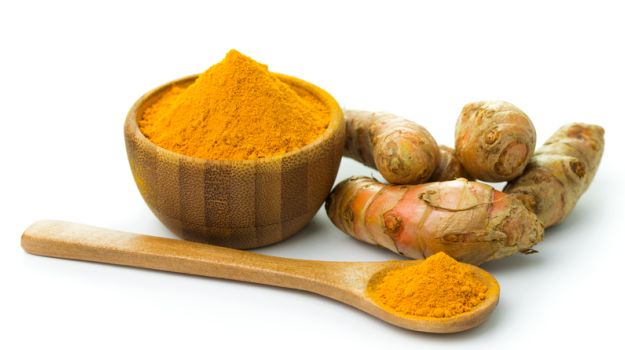What Herbal Extracts Are Good for the Liver Health of Farm Animals?
The health of farm animals directly affects production efficiency and food safety in modern livestock farming. The liver, as a crucial metabolic and detoxification organ in animals, is often damaged due to high-density breeding, feed contamination, or disease stress, resulting in slow growth, weakened immunity, and even death. In the past, farmers often used antibiotics or synthetic antioxidants (such as ethoxyquin) to prevent liver diseases. However, excessive use of antibiotics can lead to the emergence of drug-resistant bacteria, threatening human and animal health, and chemical additives may remain in meat, eggs, and milk, causing concerns among consumers. In recent years, natural herbal extracts, with their safety and sustainable characteristics, have gradually become a new choice for protecting the liver of farm animals, bringing a revolutionary breakthrough to the livestock industry.
Why is the liver health of farm animals so crucial?
The liver plays multiple roles in animals’ bodies, such as metabolizing nutrients, breaking down toxins, storing energy, and synthesizing proteins. In intensive farming environments, animals are often exposed to various stressors, including contaminated feed with mycotoxins, high-fat diets, pathogen infections, and environmental changes. These factors can lead to liver steatosis, inflammation, or fibrosis, thereby affecting the overall health and production performance of the animals. For example, in poultry and pig farming, liver damage can reduce feed conversion rates, prolong the time to market, and increase production costs. Therefore, maintaining liver health is not only an expression of animal welfare but also a key to ensuring the economic benefits of the livestock industry.
Plant extracts are beneficial for the liver health of farmed animals
A variety of plant extracts have demonstrated significant liver-protective effects in research and practice:
Milk Thistle Extract
Silymarin is the main active component of milk thistle extract, with strong antioxidant properties that can promote liver cell regeneration and enhance detoxification. Studies have shown that adding milk thistle extract to the diet of broiler chickens can effectively alleviate aflatoxin-induced liver damage. The 2023 review in “Planta Medica” states that silymarin in milk thistle significantly reduces serum AST/ALT in 12 animal models, enhances the activities of antioxidant enzymes SOD and GSH-Px, and has “zero side effects” records.
Artichoke Extract
Artichoke extract has a rich content of bioactive compounds, especially cynarin and other phenolic acids, which can stimulate bile production (Choleretic and Cholagogue Action). In addition, artichoke extract is well-known for its choleretic effect, which means it stimulates the liver to produce more bile. Bile is essential for the body’s digestive and detoxification processes.
Turmeric extract
Curcumin is its main component and has anti-inflammatory, antioxidant, and lipid metabolism-regulating effects. Adding an appropriate amount of curcumin to pig feed can significantly reduce liver fat accumulation and improve liver function indicators.
Green tea extract
Rich in tea polyphenols, especially epigallocatechin gallate (EGCG), it can effectively eliminate free radicals and alleviate oxidative stress damage. When applied in egg-laying chicken breeding, it can improve liver health and enhance egg production quality.
Dandelion extract
Traditionally used for liver and gallbladder health, it can stimulate bile secretion and promote toxin elimination. When added to the diet of ruminants, it helps improve digestive function and liver metabolism.
Astragalus extract
Astragalus polysaccharides can enhance immune function and indirectly reduce the burden on the liver. At the same time, they have the effects of protecting liver cells and promoting protein synthesis. Studies have shown that astragalus extract can reduce the accumulation of fat in the liver, prevent liver steatosis, and improve energy utilization efficiency.
Licorice extract
Components such as glycyrrhizic acid and glycyrrhetinic acid have anti-inflammatory and detoxifying effects, and can alleviate chemical liver damage. Research has found that incorporating curcumin into the diet of fattening pigs can improve feed conversion rate and reduce the incidence of liver enlargement.
Conclusion
Natural herbal extracts, due to their eco-friendly nature and multi-target liver-protecting advantages, are gradually replacing traditional chemical additives and becoming a new pillar in the health management of farm animals. This not only reflects the trend of the livestock industry towards sustainable development but also provides consumers with a safer food source. In the future, with the development of genomics and nanotechnology, precise selection of efficient herbal combinations and the development of targeted delivery systems will become research directions.
Reference: https://pubmed.ncbi.nlm.nih.gov/36302565/


